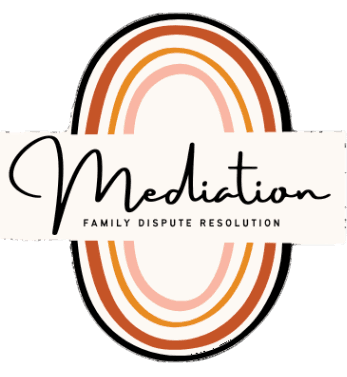What is mediation?
Mediation is a facilitated conversation between two or more people who want to resolve a disagreement. Mediation is led by a trained, neutral mediator. The benefits of mediation are that it is a less expensive, time-saving alternative to court and allows parties to have their say. In mediation, the disputing parties have the chance to settle their differences in a safe, confidential and efficient manner.
Mediation helps people get what they need, whether it’s peace and quiet, family unity, a financial settlement, or just a chance to be heard. Our mediators have an understanding and experience of the legal system and are professionally trained and committed to promoting peace in families and their communities.
Mediation is a form of Alternative Dispute Resolution.
Types of disputes suitable for mediation:
- Family Law Property Matters
- Family Law Childrens Matters
- Commercial Disputes
- Workplace Disputes
Mediation has 4 Principles:
It is voluntary
Courts expect families to attempt mediation before litigation begins, but no-one can be forced to mediate.
It is a confidential process
Any proposals put forward in mediation cannot be referred to in legal proceedings. (with limited exceptions*)
The mediator is impartial
Mediators do not take sides. They also do not give legal advice, but give the couple the information necessary to make wise decisions.
The clients ultimately make their own decisions
Mediators are merely there to help facilitate effective communication between couples, so they can reach agreements that make the most sense given their unique circumstances.**
*There may be exceptions to confidentiality. For example where a mediator is concerned that a child is at risk of serious harm and therefore has a duty to report it to the appropriate social services.
**Any agreement only becomes legally binding once it has been made into Consent Order by yourselves or your solicitors and stamped by the Court.
Parenting Plans are legally recognised, and able to be provided to schools or other public bodies as evidence of your agreement. They are not legally enforceable in the same way that Orders are, although the Parenting Plan itself can be tendered in Court as evidence of an agreement between the parties. To be enforceable through the Police or other Government agency the Plan needs to be filed with and stamped by the Court as Consent Orders.
